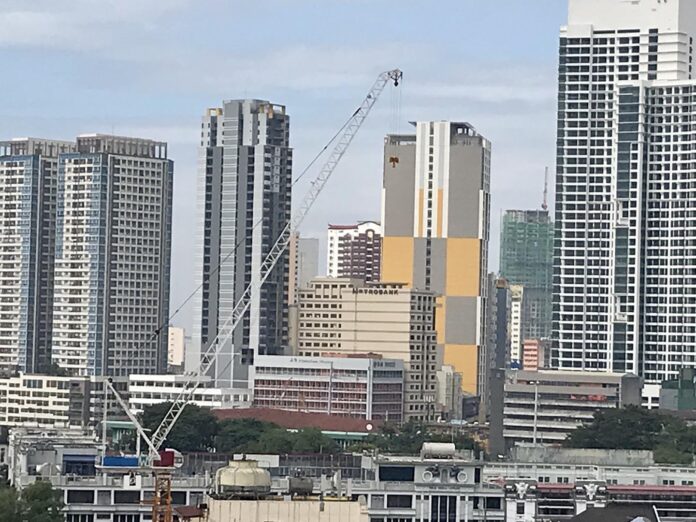-
Foreign chambers urge Senate anew to ratify RCEP when it resumes session this week
-
The Joint Foreign Chambers in the Philippines says the Regional Comprehensive Economic Partnership (RCEP) agreement once ratified will attract investors
-
RCEP offers such advantages for Philippine exporters as zero tariff for intra-RCEP trade
The Joint Foreign Chambers in the Philippines (JFC) urged the Senate anew to ratify the Regional Comprehensive Economic Partnership (RCEP) agreement when it resumes session this week.
The group said the ratification will further expand foreign markets already accessible to exports from the Philippines.
“When this happens a large number of our current investors will invest more, and new investors from Australia, Europe, New Zealand, North America, and Northeast Asia, will be attracted, creating many thousands of new jobs,” the group said in a statement.
JFC is a coalition of the American, Australian-New Zealand, Canadian, European, Japanese, Korean chambers and the Philippine Association of Multinational Companies Regional Headquarters Inc.
JFC said the RCEP offers other new advantages for Philippine exporters that will also benefit JFC’s member companies.
One advantage RCEP members enjoy is a reciprocal zero tariff for up to 94% of their range of exports to other group members, according to a report on China Daily.
Further, JFC said ratifying the RCEP will build on the 18th Congress’ record of approving new laws benefitting the economy, including Tax Reform for Acceleration and Inclusion Act, Corporate Recovery and Tax Incentives for Enterprises Act, E-vehicles Act, and the laws amending the Public Service Act, Retail Trade Liberalization, and Foreign Investments Act.
The group noted that an important reason many of its members have invested in the Philippines, aside from its large workforce and geographical location, is “the expanding access they can enjoy under trade agreements that the country has with its ASEAN and regional neighbors and other countries.”
JFC said the Philippines “cannot afford to leave itself out of the bloc since being a member will bring economic benefits that will hasten recovery from the scars, higher debt, and other damage caused by the ongoing COVID-19 pandemic.”
Studies show the Philippine economy will grow at a slower pace without membership in RCEP, the group noted.
READ: Delay in RCEP participation costly to PH, DTI chief warns
Signed in November 2020, RCEP aims to “further liberalize trade in goods and services while enhancing competition policy, intellectual property rights, investment, technical cooperation, government procurement, and others.”
RCEP, until May 23,was the largest trade bloc in the world, representing 30% of global gross domestic product. It became the second-largest when the United States and 12 countries from the region launched in Tokyo on Monday the Indo-Pacific Economic Framework for Prosperity (IPEF), which accounts for 40% of the global GDP.
The RCEP agreement came into force on January 1, 2022 and is already implemented in Australia, Brunei, Cambodia, China, Japan, Korea, Laos, New Zealand, Singapore, Thailand, and Vietnam.
The agreement was ratified by President Rodrigo Duterte on September 2, 2021 but is pending Senate concurrence.
The Department of Trade and Industry, which has been pushing for the RCEP ratification, earlier said delayed or non-participation of the Philippines may divert trade and investment opportunities to other economies.





